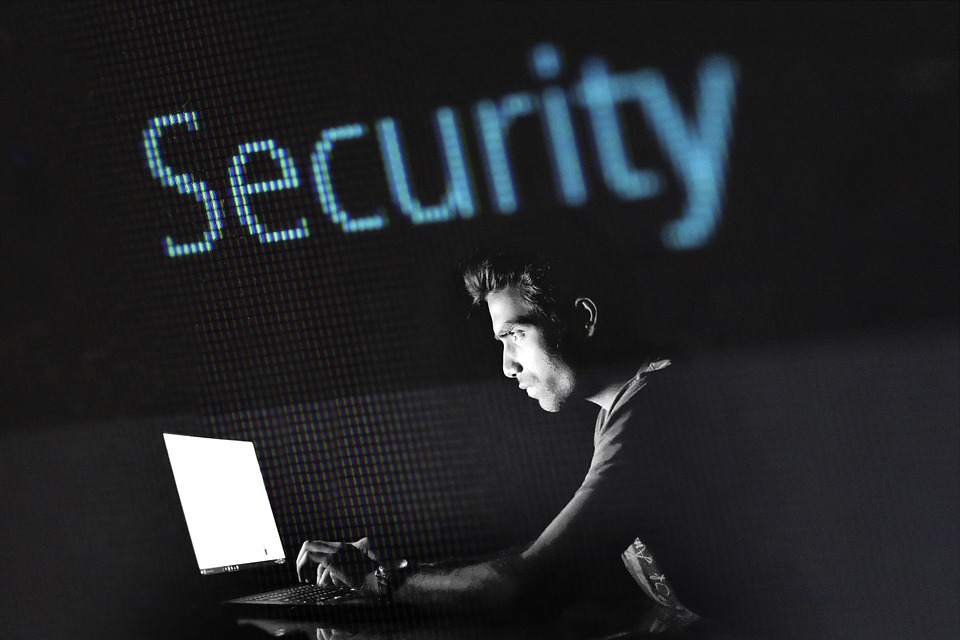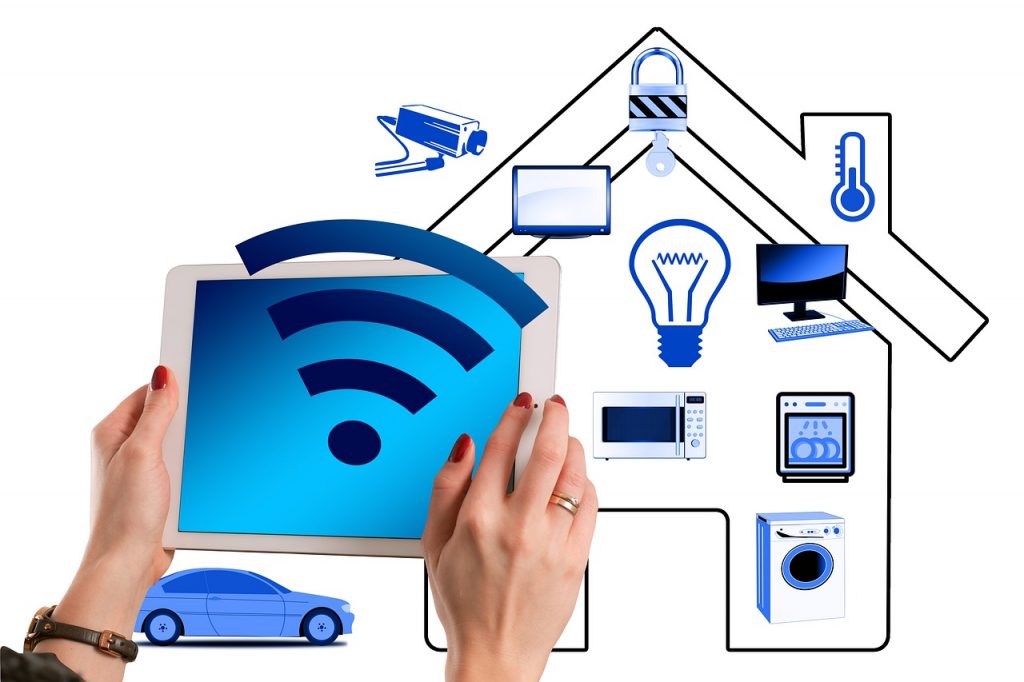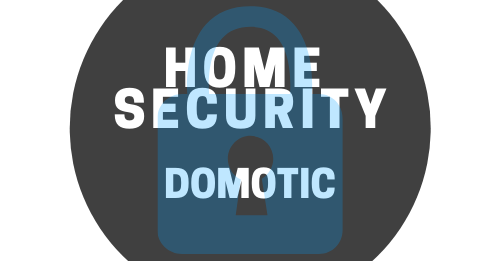6 Preventive Measures Against Hacking for Your Home Security Systems.

With the advent of technology, there have been various new home security systems developed to ensure the safety of your home. However, even these software and devices that people heavily rely upon for privacy and security are vulnerable to malicious attacks. Just like computers or other technological devices, home security systems can be hacked. Here are some preventive measures to avoid hacking of your home security systems.
1. Install Antivirus Software
The importance of antivirus software should not be underestimated. Antivirus software detects, warns, and destroys incoming threats to the security system. Installing an antivirus on devices that help to access your home security system will counteract the danger and ensure constant protection of your home.
2. Do Not Use Public Wifi
Using public WiFi to access your home security systems increases hacking risks. Hackers can utilize public WiFi networks to retrieve personal details like passwords and email IDs and distribute malware to your home security systems over unsecured public WiFi.

3. Limit Connected Devices
Having several devices accessing the control panel of your home security system can be threatening. This is because smart home devices are managed using a central application. If a hacker alters the setting on one device, the settings on the other gadgets can be changed as well. You can limit the number of devices connected to your smartphone and a personal computer to log into your home security system.

4. Secure the Router
The router is a pathway to all of the wireless devices connected to the internet through your home’s WiFi. If a hacker obtains the password, it becomes effortless to access your home security systems and enter the house. To avoid such incidents, make sure to change the default password credentials and use a different, strong password.

5.Reset Before Reselling
Make sure to erase all your details if you wish to resell devices. Many people forget that the WiFi password and other private information are still stored on devices like cameras, smart bulbs, or plugs. For safety purposes, conduct a factory reset or follow any other instructions needed to ensure that your data cannot be obtained anymore.
6. Set up the Two-Factor Authentication
If it is available, set up the two-factor authentication security feature on your smart devices. It can block hackers from retrieving any information as it requires additional details to enable access to sensitive data. For instance, besides username and password, users will have to provide biometric verification, email confirmation, or SMS codes.
What are the other preventive measures you implemented against hacking for your home security systems? Let us know in the comments below!
